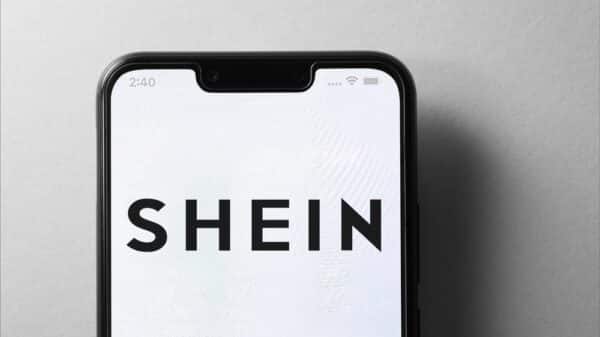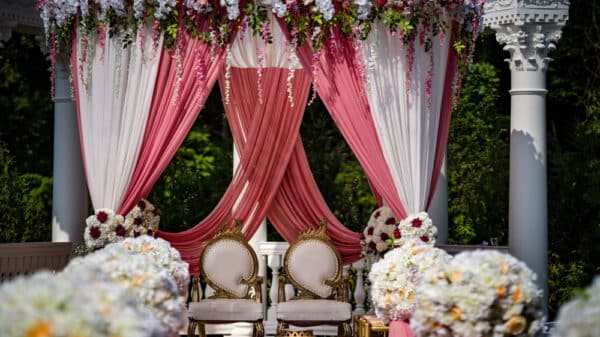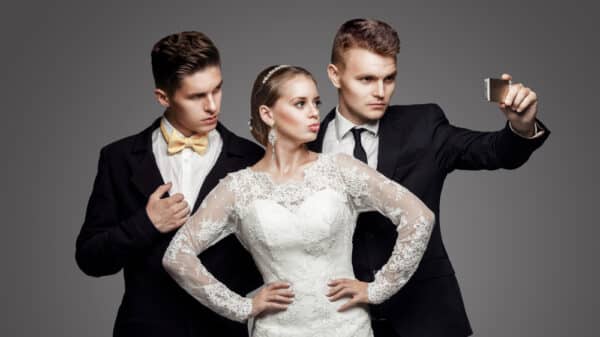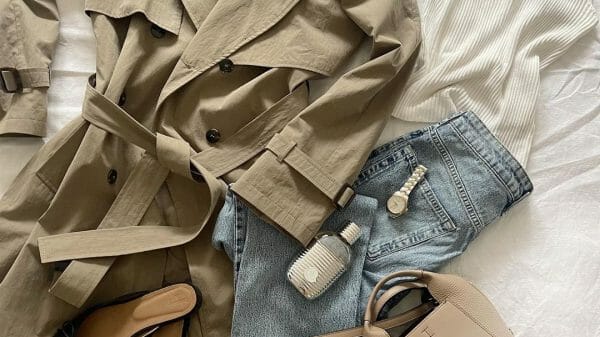The phrase “black tie optional” can undoubtedly lead to a mix of excitement and concern. The inclusion of the word “optional” in the dress code seems innocent enough, yet it can leave many of us scratching our heads in confusion. You might have found yourself in a similar situation, staring at an event invitation and thinking, “What does this mean for my wardrobe?”
Let me assure you; you’re not alone in this dilemma. As someone who deeply appreciates a clear path when it comes to dressing for an occasion, I can relate to the curious head-scratching that often accompanies the term “black tie optional.” The first time I stumbled upon it, I felt a wave of uncertainty wash over me. Should I pull out my trusty tuxedo, or is there room to be a tad more relaxed with my outfit? And what about the tie? Am I even supposed to wear one?
Balancing the desire to respect the formality of the event while wanting to fit in can be tricky. You might find yourself picturing people dressed in sophisticated tuxedos while you contemplate sporting jeans with a button-down. If you do opt for that formal tuxedo, what if you’re the only one? Does that scream, “I’m trying too hard”? It’s easy to get caught up in these worries, but fear not! I’m here to help unravel the mystery behind this dress code. Let’s dive into the ins and outs of what “black tie optional” truly means.
At its core, “black tie optional” conveys precisely what it sounds like. You have the choice to don traditional black-tie attire, which typically involves black tuxedos or outfits in richer, darker shades. However, the hosts have made it clear they’re aiming for a more upscale event while also considering guests who may not own formal tuxedos or evening gowns. It’s a balance of elegance and inclusivity.
Keeping the hosts in mind, it’s essential to show your gratitude through your choice of attire. Whether you lean toward dressing up or keeping it moderately formal, aim to uphold the tasteful atmosphere they wish to create. For men, this could mean a polished dark suit and tie. For women, selecting an elegant cocktail dress is a splendid choice that aligns with the refined tone of the event.
Now, for the men, if women have the flexibility to dress in sophisticated cocktail attire, can you do the same? The answer is yes, but with some conditions. If you’re interested in exploring those options further, keep reading. If not, sticking with a classic dark suit—and perhaps even a tuxedo—is a foolproof strategy.
In simple terms, for men attending a black tie optional event, cocktail attire generally points to wearing a suit. While this attire is formal, it also allows for a greater variety of colors and even some playful accents. You have the chance to express a bit of your personality while still maintaining a sense of refinement.
When planning your outfit, consider the event’s venue, the season, and the occasion’s nature. Is this a springtime gala set against a backdrop of blooming flowers? If so, a dark olive suit with a crisp white shirt, a maroon tie, and even a tasteful boutonniere could seamlessly blend style with the jubilant season. Or perhaps you’re gearing up for a summer dinner on the beach? In that case, a tie reflecting the ocean’s hues could be just the right touch.
So, the next time you face the phrase “black tie optional” on an invitation, take a deep breath. Embrace the opportunity to express your style while respecting the elegant atmosphere your hosts have envisioned. You’ve got this!































